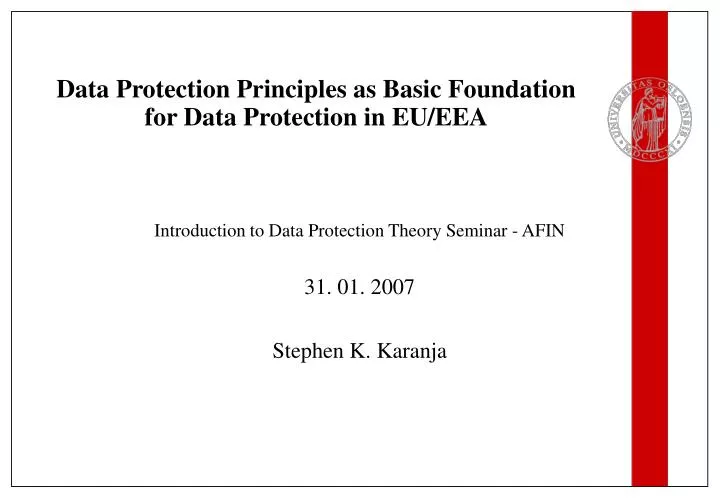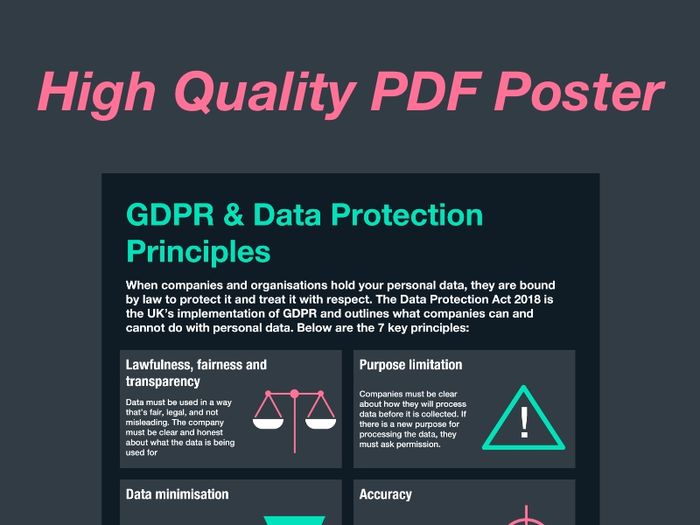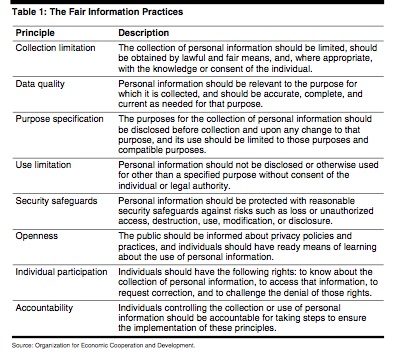


GDPR Article 5(1)(a) states that: “Personal data shall be processed lawfully, fairly and in a transparent manner in relation to the data subject (‘lawfulness, fairness, transparency’)” Related content: Read our guide to GDPR data protection The 7 Data Protection Principles in Detail 1. The GDPR includes penalties for infringements on the principles for processing of personally identifiable information, which can include fines of 4% of total global annual turnover or up to €20 million, whatever is higher. If your organization does not comply with any of the principles, you may be vulnerable to sizable fines. It is also essential to the compliance with any specific provision of the GDPR. They don’t provide absolute rules, but instead reflect the essence of the information protection regime.Ĭompliance with the essence of these core principles is, thus, an essential building block for solid data protection procedures. They are established at the opening of the legislation and influence all the provisions that follow. These principles are an essential part of the GDPR. Why Are the Data Protection Principles Important? Data Protection with Cloudian Secure Storage.Why Are the Data Protection Principles Important?.Related content: Read our guide to data protection regulations Data Controllers must comply with these principles of the GDPR, and in light of the accountability principle, be able to demonstrate their compliance. These data protection principles primarily apply to the Data Controller, which the GDPR defines as a “natural or legal person, public authority, agency or other body which … determines the purposes and means of the processing of personal data”. Handling involves the organization, collection, storage, structuring, use, consultation, combination, communication, restriction, destruction, or erasure of personal data.

The General Data Protection Regulation (GDPR) defines principles for the lawful handling of personal information.


 0 kommentar(er)
0 kommentar(er)
